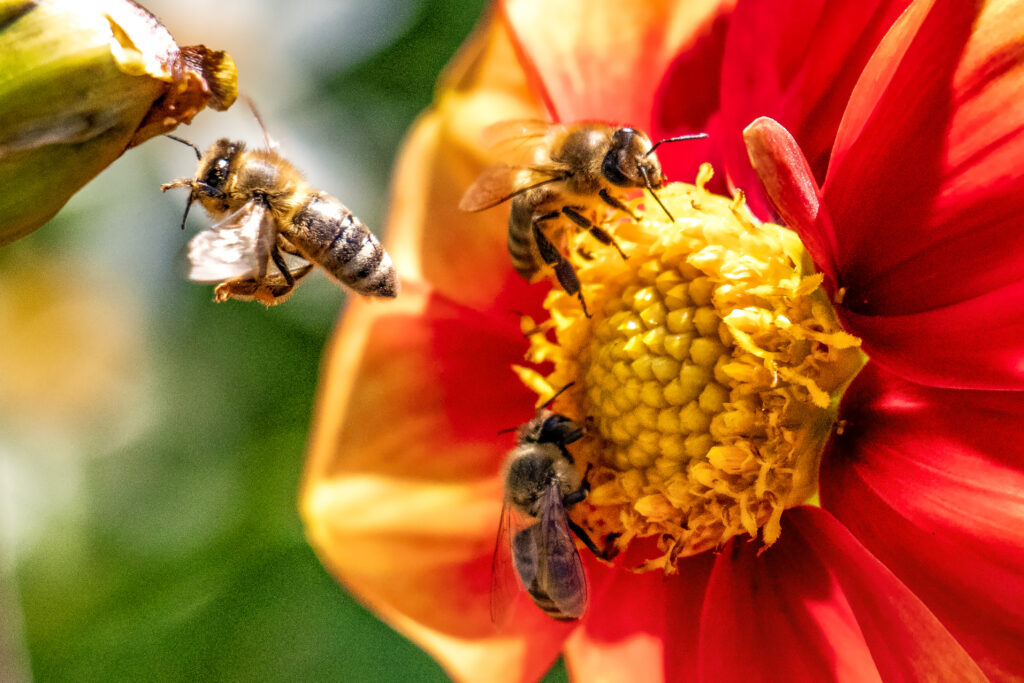Its National Insect Week in the UK. Insects are very fundamental to Agriculture in many ways. National Insect Week serves as a vibrant reminder of the crucial role insects play in our ecosystems, particularly in agriculture. Celebrated annually, this event aims to raise awareness about the diversity and importance of insects, highlighting their contributions to food production, environmental health, and biodiversity. While often overlooked or misunderstood, insects are indispensable allies for farmers and gardeners alike, functioning as pollinators, natural pest controllers, and contributors to soil health.
Insects such as bees, butterflies, and other pollinators are vital for the reproduction of many crops. Their activities facilitate the transfer of pollen from one flower to another, which is essential for fruit and seed development. Without these natural pollinators, the agricultural sector would face significant difficulties, including reduced yields and increased dependence on artificial pollination techniques, which are often costly and less efficient. Honeybees, in particular, are renowned for their pollination services, supporting the production of fruits, vegetables, and nuts that form the backbone of diets worldwide.

Beyond pollination, insects play a pivotal role as natural pest controllers. Predatory insects like ladybirds, lacewings, and parasitic wasps help keep pest populations in check, reducing the reliance on chemical pesticides. This natural pest control is beneficial not only for crop health but also for environmental sustainability, as it minimizes the chemical residues that can contaminate soil and water supplies. Integrated pest management strategies increasingly leverage these beneficial insects, promoting practices that foster their habitats and support their populations.
Insects contribute significantly to soil fertility and health. Certain insects, such as beetles and ants, aid in the decomposition of organic matter, breaking down plant debris and recycling nutrients back into the soil. Their activities improve soil structure, aeration, and nutrient availability, creating an environment conducive to healthy crop growth. Composting insects, like black soldier fly larvae, are also gaining recognition for their ability to convert waste into valuable organic fertilizer and animal feed.
Insects are integral to sustainable agriculture. Their presence and health directly influence crop productivity, ecosystem resilience, and environmental quality. Recognizing their importance through events like National Insect Week helps foster a greater understanding and appreciation of these tiny but mighty creatures. As we face the challenges of climate change and the need for sustainable food systems, protecting insect populations becomes not just an ecological concern but a necessary step toward securing global food security. Promoting awareness, research, and conservation efforts ensures that insects continue to support the growth and sustainability of agriculture for generations to come.
Leave a Reply